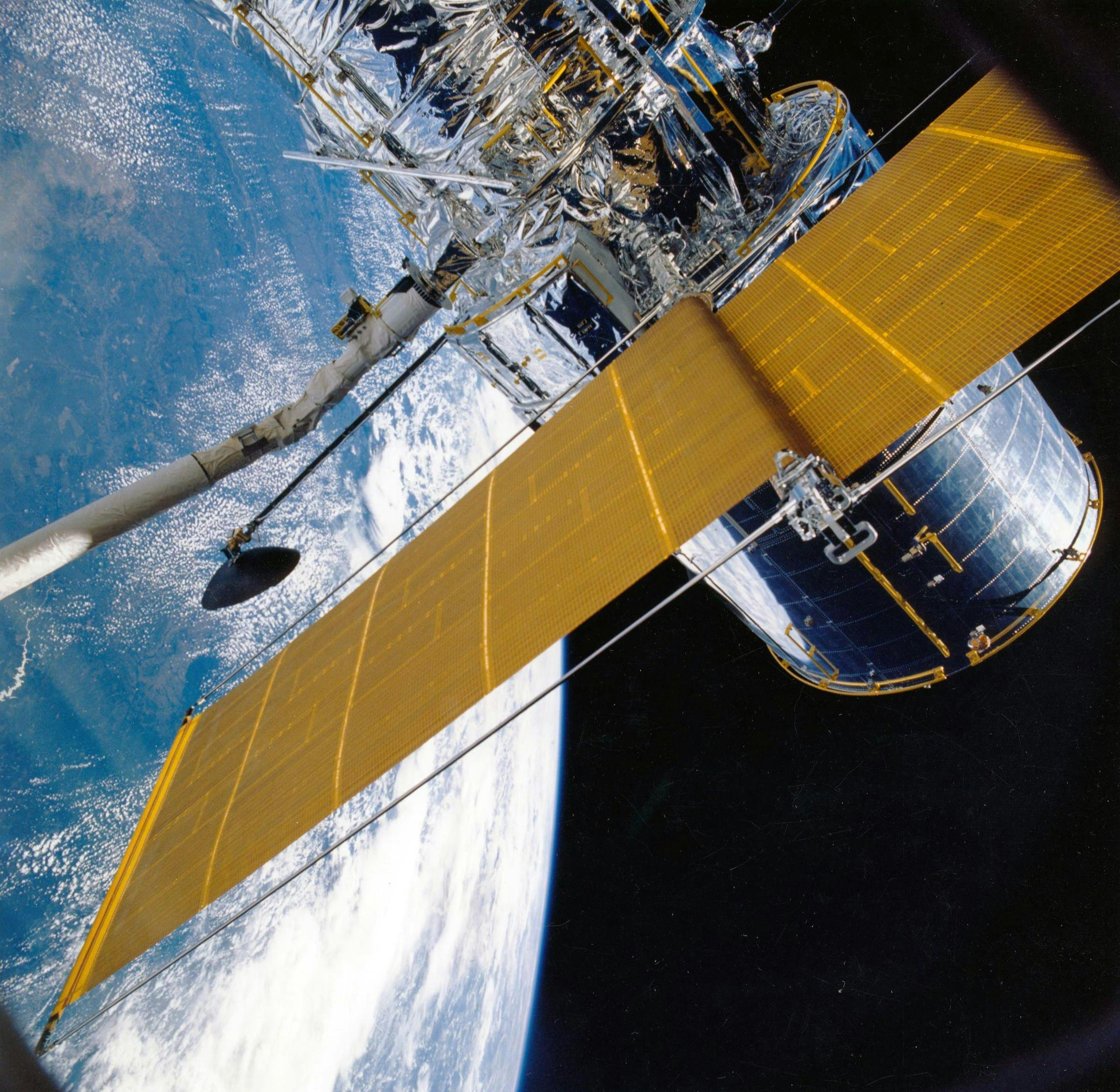Legal Frontiers: Space Law in the Age of Commercial Exploration
Introduction: As humanity ventures further into space, a complex legal landscape emerges. This article delves into the evolving field of space law, examining its foundations, current challenges, and future implications as private companies join governments in the race to commercialize the cosmos.

The Origins of Space Law
Space law’s roots trace back to the Cold War era, when the United States and Soviet Union began their space race. In 1967, the Outer Space Treaty was signed, establishing the basic framework for international space law. This landmark agreement set forth principles such as the peaceful use of outer space, the prohibition of claiming sovereignty over celestial bodies, and the concept that space exploration should benefit all of humanity.
The Outer Space Treaty: A Foundation for Cosmic Governance
The Outer Space Treaty remains the cornerstone of space law today. It establishes outer space as a global commons, free for exploration and use by all nations. The treaty prohibits the placement of weapons of mass destruction in orbit or on celestial bodies and declares that the Moon and other celestial bodies should be used exclusively for peaceful purposes. However, as space activities expand beyond national programs to include private enterprises, new questions arise about the treaty’s application and limitations.
Commercial Space Activities: A Legal Gray Area
The rise of private space companies like SpaceX, Blue Origin, and Virgin Galactic has introduced new complexities to space law. These entities are pushing the boundaries of space exploration and utilization, from satellite deployment to plans for space tourism and resource extraction on asteroids and other celestial bodies. Current space law frameworks, primarily designed for state actors, struggle to fully address the legal implications of these commercial activities.
Resource Extraction and Property Rights in Space
One of the most contentious areas in modern space law concerns the extraction and ownership of space resources. The United States passed the Space Resource Exploration and Utilization Act in 2015, allowing U.S. citizens to own and sell space resources they extract. This unilateral move has sparked international debate about the legality of such actions under the Outer Space Treaty, which prohibits national appropriation of celestial bodies but remains ambiguous about resource extraction.
Satellite Constellations and Space Debris: Legal Challenges
The proliferation of satellite constellations, such as SpaceX’s Starlink, raises new legal questions about orbital rights and responsibilities. These mega-constellations, while promising global internet coverage, also increase the risk of orbital congestion and space debris. Current international laws lack robust mechanisms to manage orbital slots and mitigate space debris, leading to calls for updated regulations to ensure sustainable use of Earth’s orbits.
The Artemis Accords: A New Era of Space Cooperation?
In 2020, NASA introduced the Artemis Accords, a set of bilateral agreements between the United States and partner nations for cooperation in space exploration. These accords aim to establish norms for behavior in space, including principles for mining and utilizing space resources. While some view the Artemis Accords as a positive step towards clarifying space law, others argue that they could undermine the universality of existing international space treaties.
Future Frontiers: Mars Colonization and Beyond
As plans for Mars colonization advance, legal experts grapple with unprecedented questions. How will jurisdiction work on Mars? What rights will colonists have? How will disputes be resolved? The current space law framework provides little guidance on these issues, necessitating the development of new legal paradigms for extraterrestrial settlements.
Crafting a Cosmic Legal Framework
As we stand on the brink of a new era in space exploration and utilization, the need for a comprehensive, updated space law regime becomes increasingly apparent. Balancing the interests of nations, private enterprises, and humanity as a whole presents a formidable challenge. The evolution of space law will play a crucial role in shaping our future as a spacefaring civilization, ensuring that the final frontier remains a realm of peaceful cooperation and sustainable development for all of humanity.






